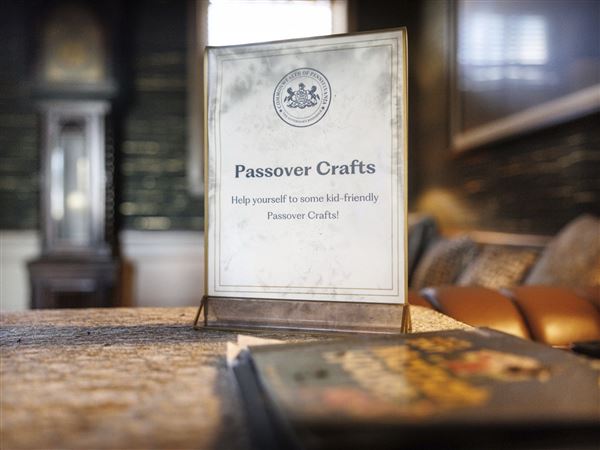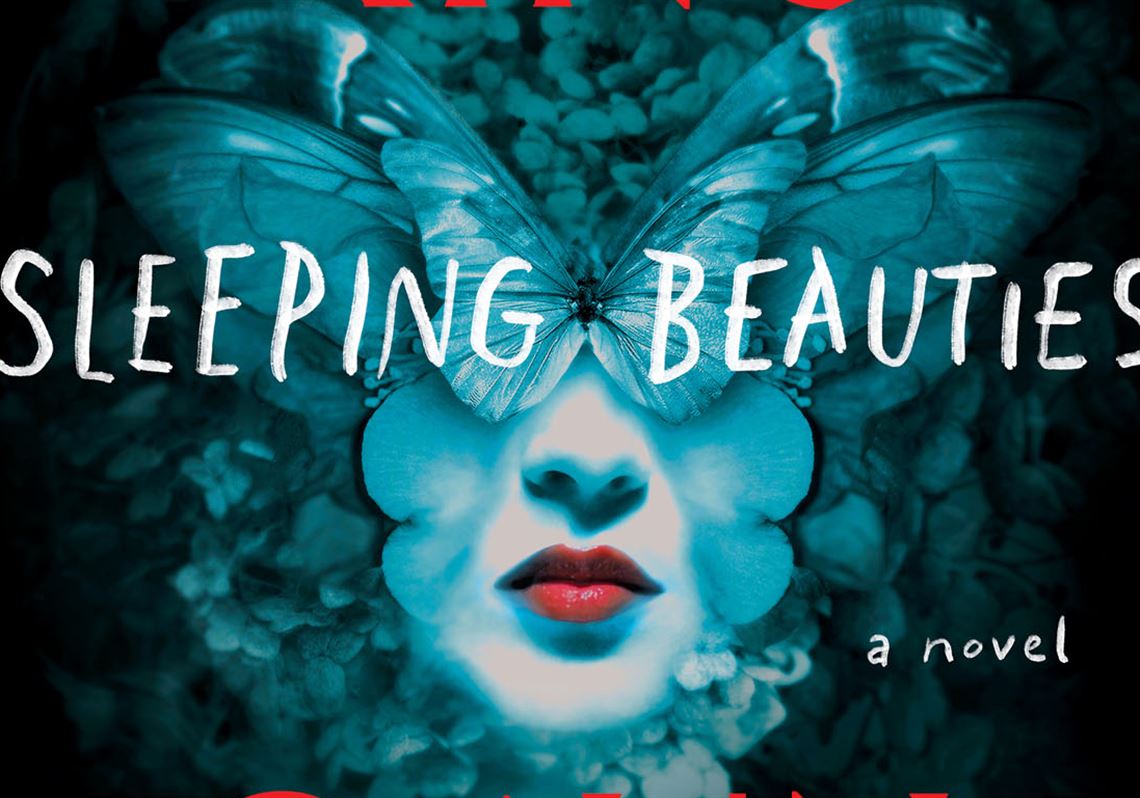Aurora, named after the Sleeping Beauty heroine, is a sickness where women all over the world fall asleep and immediately become enwrapped in a mysterious cocoon — and they don’t wake up.
In “Sleeping Beauties” (Scribner, $32.50), a first novel from the father-son duo of Stephen King and Owen King, the story of a world in panic quickly converges with the travails of a tiny mountain town to craft a fast-paced thriller.
What would a world without women mean for the sons, husbands and fathers left behind?Ambitious and sympathetic, “Sleeping Beauties” is both a love letter to women everywhere and an incisive look at what drives men to violence, neatly wrapped in enough fantasy elements to soften the more caustic edges of the commentary.
Although it seems that the comatose victims of Aurora are healthy, there’s one problem: if a victim’s cocoon is disturbed, the awakened woman becomes murderously aggressive. The staff and inmates of the Dooling Correctional Facility for Women watch these news reports with doubt, but as women in their own Appalachian town begin to fall asleep, panic sets in.
At the same time, Dooling’s police chief finds Evie, a strange woman who emerged from the woods to kill an abusive meth manufacturer. After she becomes the newest inmate at the women’s prison, her unsettling abilities — from commanding animals to knowing the intimate details of others — are strange enough.
But they only complicate an important fact: Evie is the only woman who can go to sleep and wake up normally. When the rumor spreads of a woman at the prison who is immune to Aurora, the simmering anger of Dooling’s men begins to focus on Evie, resulting in an avalanche of violence that threatens not only the town, but every woman in the world.
With echoes of the classic 1977 science-fiction story “The Screwfly Solution” by Alice Sheldon—where a mysterious epidemic causes men to begin murdering women — “Sleeping Beauties” makes explicit the threat of violence women face at the hands of men and what it means for each sex to live without the other.
Many inmates at the women’s prison have tragic histories of abuse, and the helplessness of Aurora victims puts them directly in harm’s way, both in the world at large — false news reports that the victims are contagious inspire mobs of men around the United States to start burning women alive — and in Dooling, where cocooned women become collateral damage, as the violence around Evie escalates.
From “Carrie” to “Dolores Claiborne” to “Lisey’s Story” and beyond, Stephen King’s compassion for women is an identifying characteristic of much of his work, and “Sleeping Beauties” continues the trend. The Kings have created deeply textured women to populate their book.
While excuses aren’t made for the terrible things some of the prison’s inmates have done, the book gives its women enough space to allow, if not sympathy, then at least understanding.
Oddly enough, the men in the book aren’t generally allowed the same leeway — many seem eager for the chance to be aggressive and hateful, and it’s difficult to reconcile their lack of dimension with the vivid portraits of women that the book offers.
Ultimately, however, the main problem of “Sleeping Beauties” isn’t the story or the people who live in it; it’s the book itself. When speaking of women and their oppression at the hands of men, it is very difficult to forget that you are reading the words of not one, but two men. While the book’s epigrams and dedication refer to Sandra Bland and Elizabeth Warren, among others, giving it a sense of political and societal relevance, it is hard to reconcile the enormous platform an author such as Stephen King enjoys, with the lack of voice some women, especially prison inmates, experience daily.
The book is considerate and kind toward women, but perhaps what’s needed isn’t the voices of fictional women from well-intentioned men; rather, it’s the cultural, financial, and emotional support for actual women, and the real-world action that entails.
So, by all means, read “Sleeping Beauties” and be entertained. But once it’s finished and sitting on the nightstand, consider making a donation to a domestic violence shelter or another women-focused charitable cause.
That kind of action is what really helps.
Wendeline Wright is a freelance writer and editor living in Pittsburgh.
First Published: September 26, 2017, 10:00 a.m.
















